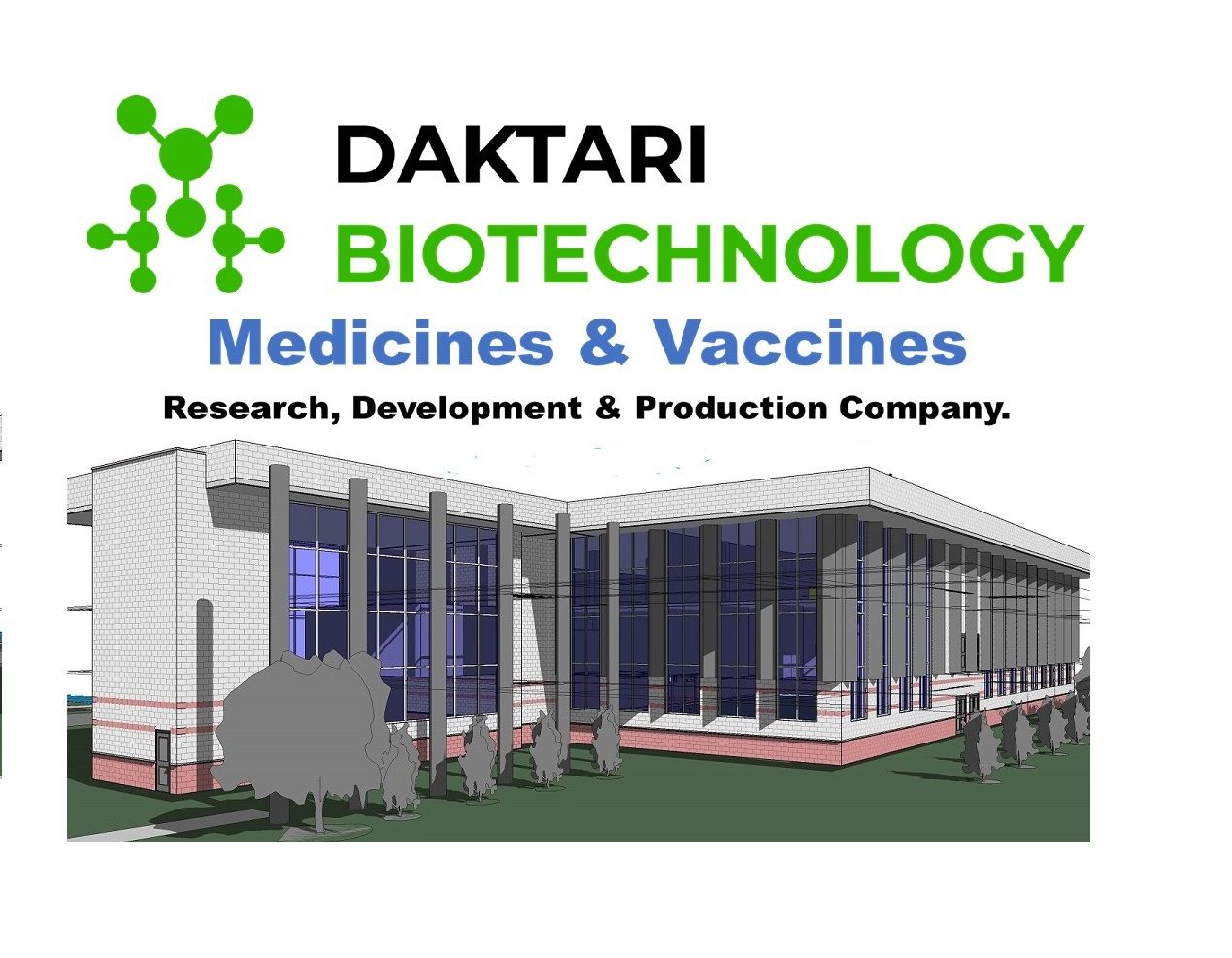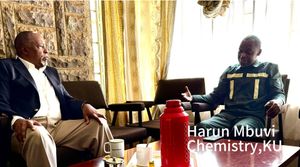Global health leaders and representatives from African nations convened to address one of the most urgent health security challenges facing the continent: Africa’s continued over-reliance on foreign aid for essential medicines. The consensus was clear and resounding — for Africa to secure its health future, it must commit to building and investing in local pharmaceutical manufacturing. This call to action is both timely and vital.
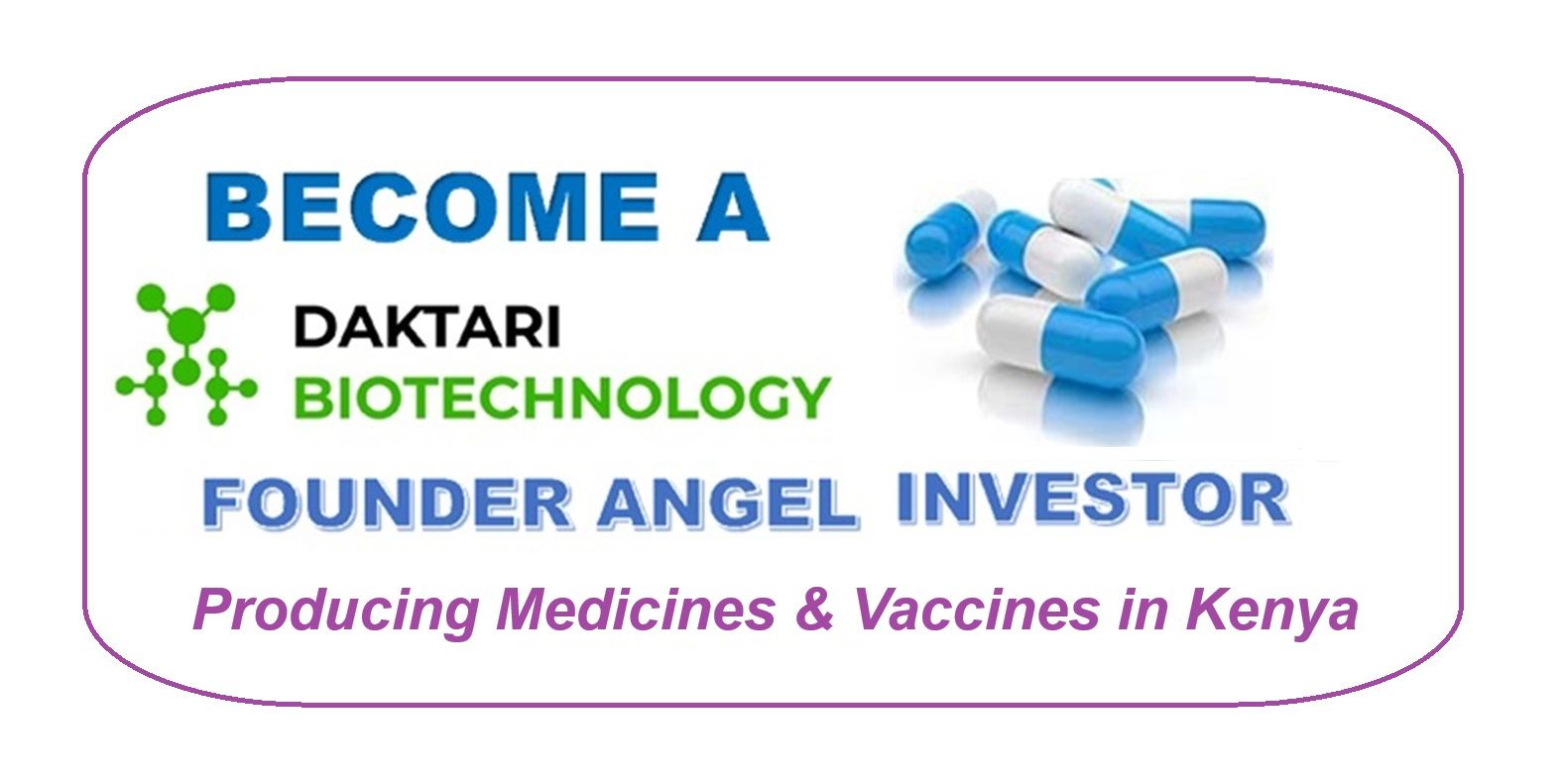
In Kenya, the consequences of over-dependence on external support are being felt acutely. Many hospitals that previously relied on foreign health funding have been left grappling with critical drug shortages following policy changes such as the U.S. Executive Order issued by President Donald Trump’s administration, which froze portions of global health funding. This disruption underscored a sobering reality: African health systems cannot afford to remain vulnerable to the decisions of foreign powers.
Yet, the path forward is clear. Africa possesses the scientific expertise, technological capacity, and a growing pool of skilled professionals necessary to manufacture its medicines and vaccines. What remains is the strategic and financial commitment to make it happen.
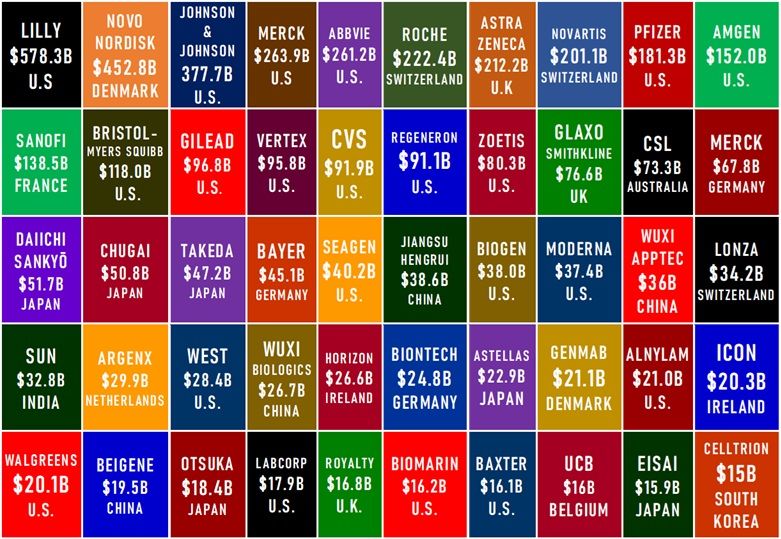
At the forefront of this transformation is Daktari Biotechnology Co. Ltd., a Kenyan-owned and operated pharmaceutical company dedicated to turning this vision into reality. The company is currently developing a state-of-the-art pharmaceutical and vaccine manufacturing facility, designed to serve not only Kenya but the entire African continent.
Daktari Biotechnology’s initiative goes beyond medicine production. It represents a transformative approach to strengthening public health systems, creating sustainable employment, and bolstering the local economy. By manufacturing locally and exporting regionally, Kenya can reduce its reliance on imported medicines, retain critical foreign exchange, and enhance its industrial competitiveness.
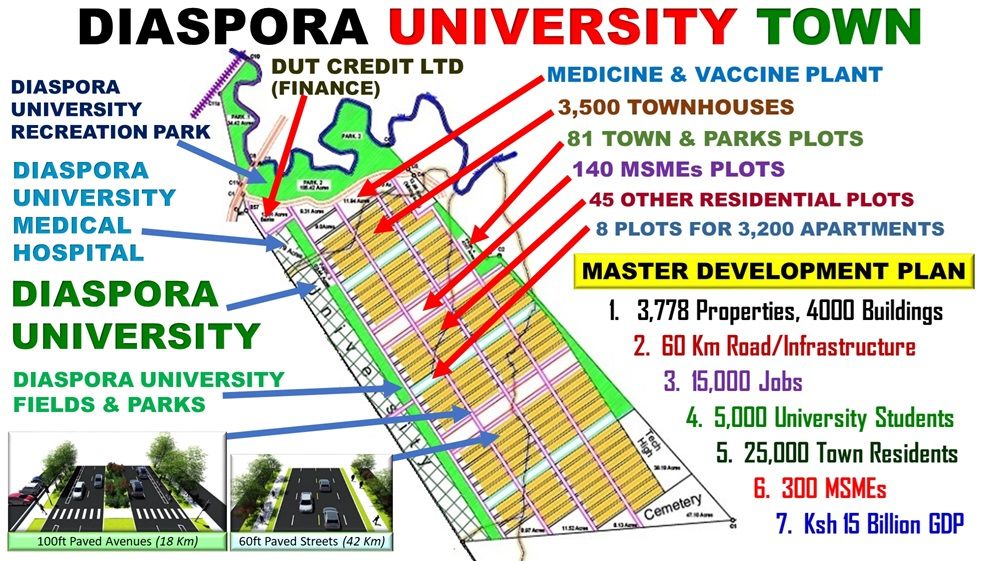
The global health community is beginning to take notice. In a landmark decision, the Global Fund recently procured Kenyan-made first-line HIV treatment drugs and delivered them successfully to Mozambique. This unprecedented move underscores growing confidence in African pharmaceutical manufacturing and validates the continent’s production capabilities.
As Africa moves towards eliminating malaria by 2040, international health experts continue to urge African governments to increase domestic investment in health infrastructure and pharmaceutical capacity. This shift is essential not just for disease elimination but also for establishing resilient and self-sufficient healthcare systems.
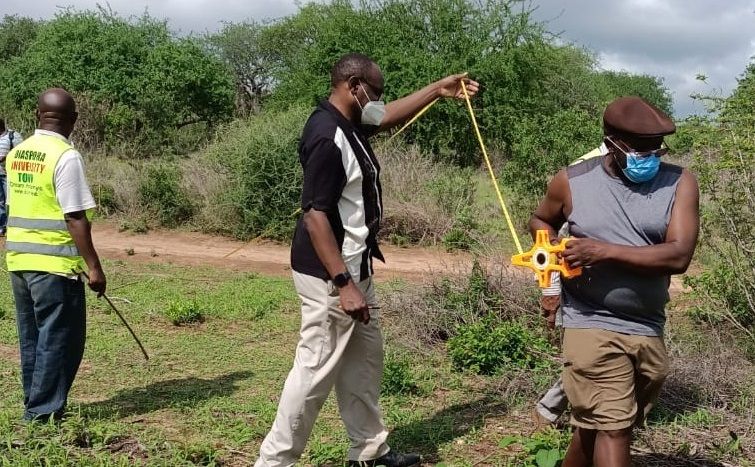
Adding to this momentum is the recent appointment of Prof. Mohamed Janabi of Tanzania as the new WHO Regional Director for Africa. His leadership is widely regarded as a significant step forward in strengthening African-led strategies and affirming the region’s capacity to shape its health narrative.
In response to this growing continental movement, Daktari Biotechnology is calling upon Kenyans and friends of Kenya—locally and in the diaspora—to support this critical health and economic initiative through direct investment. This is more than a business opportunity — it is a historic chance to participate in redefining health sovereignty and economic resilience in Africa.

Dr. Wilson Endege the founder of Daktari Biotechnology Ltd says those investing in Daktari Biotechnology, are: Empowering homegrown innovation and scientific talent; Creating thousands of skilled jobs in biotechnology and pharmaceuticals; Strengthening Kenya’s economic self-reliance; Reducing dependence on foreign aid and donations; and, Becoming a pioneer in Africa’s health revolution.

